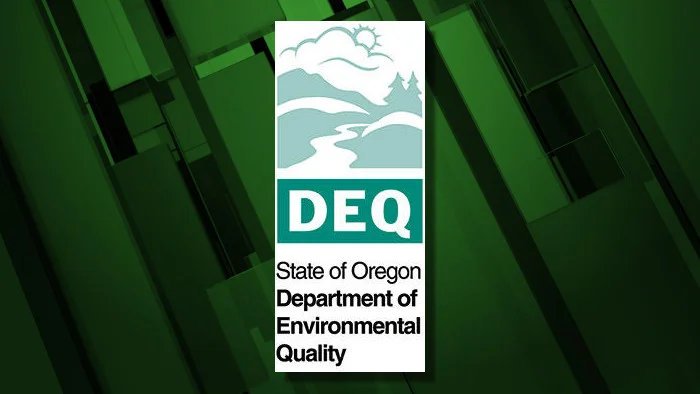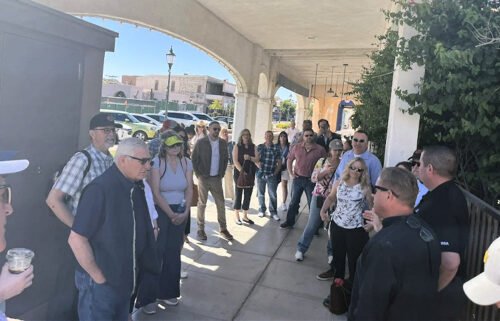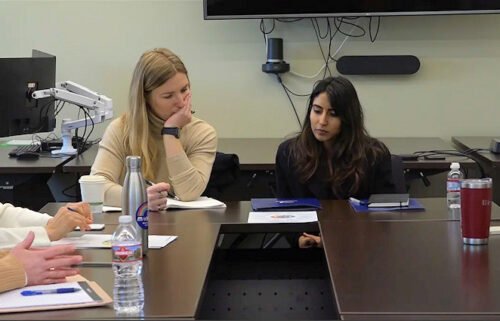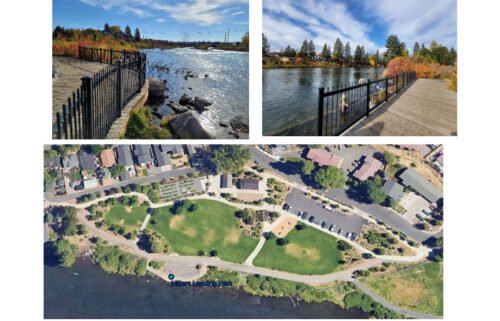DEQ developing rules to make fuel storage tanks more resilient to future earthquakes

PORTLAND, Ore. (KTVZ) -- The Oregon Department of Environmental Quality announced Wednesday its first rules advisory committee meeting to discuss what rules will govern the new Fuel Tank Seismic Stability program.
The meeting, set for Wednesday, Oct. 26 at 9 a.m., will include discussions on DEQ’s proposed approach to the rules, what it means to minimize risk and how to ensure environmental justice is incorporated into the process.
“People around the world will be practicing earthquake safety and preparedness tomorrow during the Great Oregon ShakeOut,” said Mike Kortenhof, DEQ fuel tank compliance manager. “These rules will be critical for protecting people and the environment and keeping communities safer in the event of a major earthquake.”
The Great Oregon ShakeOut is part of a global drill for people to practice how to stay safe during an earthquake. This year, nearly half a million Oregon residents will be taking part in the self-led drill, practicing their drop, cover and hold on for at least 60 seconds as if a major earthquake is happening.
A rules advisory committee is a group of people who provide input and suggestions during the development of new rules. The committee members represent a range of interested groups, including neighborhoods near the fuel tanks, local emergency management, environmental organizations, local government and regulated facilities – see full list of members below.
DEQ’s Fuel Tank Seismic Stability Program will evaluate the vulnerability of fuel tank systems to earthquakes and require facilities to develop plans to minimize risk. These rules will apply to all facilities that can store over 2 million gallons of fuel in Lane, Multnomah and Columbia counties. All committee meetings are open to the public to listen. DEQ will post meeting information and materials on the Fuel Tanks and Seismic Stability rulemaking webpag… two weeks before each meeting. Join DEQ’s email list to get email updates about the rules process.
“Oregon’s fuel tanks are vulnerable to earthquakes,” said Yumei Wang, senior advisor on Infrastructure Resilience and Risk at Portland State University, and lead author of the 2013 report highlighting this risk. “These facility improvements are essential to protect Oregon and support rapid recovery from the megaquake we know is coming to the Pacific Northwest.”
DEQ plans to hold a total of three committee meetings to reach its final proposed rules. Depending on committee discussions, DEQ may add meetings or make existing meetings longer. After the committee work is complete, DEQ will put the rules out for public comment and then present them to the Environmental Quality Commission for adoption.
This work is a result of Senate Bill 1567 passed in 2022. DEQ will also develop this program in consultation with the Oregon Department of Geology and Mineral Industries and the Oregon Department of Energy.
------------------------------------------------------------
Full list of rules advisory committee members
• Amit Kumar, City of Portland Bureau of Development Services
• Andrew Holbrook, Kinder Morgan Pipeline
• Chris Voss, Multnomah County Emergency Management
• Doug Lenz, Columbia Pacific Bio-Refinery
• Holli Johnson, Western States Petroleum Association
• Jacque Wurster, Ready NW Eugene
• Lindsey Hutchison, Willamette Riverkeeper
• Nancy Hiser, Linnton Neighborhood Association
• Paul Edison-Lahm, NAACP Environmental Justice Committee
• Peter Dusicka, Portland State University
• Randy Groves, City Council for City of Eugene
• Warren Seely, Beaver Drainage District



